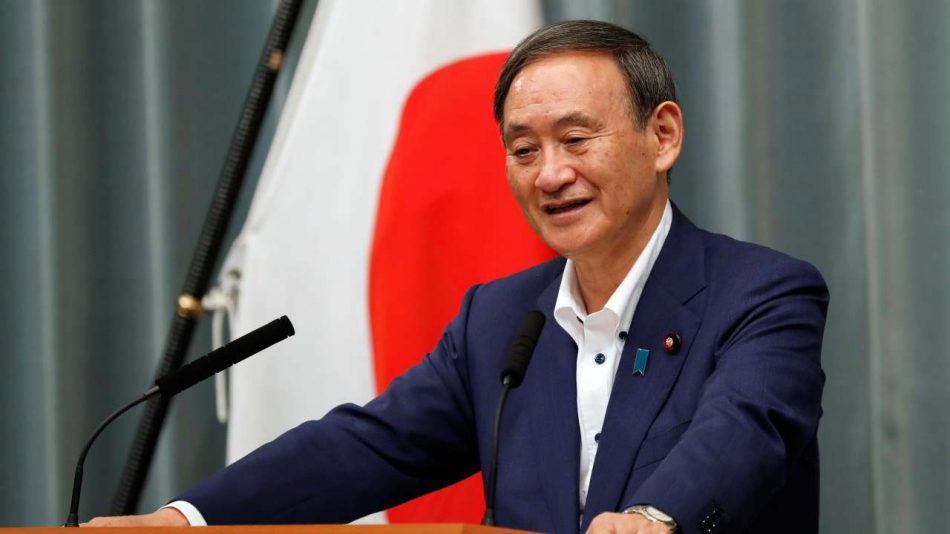As extreme weather events associated with climate change are becoming more common all over the world, we’ve recently seen an increasing number of economies pledge to do their part in solving this urgent global challenge. The most recent commitment of the like comes from Japan, the world’s third-largest economy.
Japan’s newly elected prime minister, Yoshihide Suga, has recently announced that the country will become carbon neutral by 2050, setting the stage for a bolder national approach to tackling the climate emergency.
“Responding to climate change is no longer a constraint on economic growth,” Suga said in a statement. “We need to change our thinking to the view that taking assertive measures against climate change will lead to changes in industrial structure and the economy that will bring about growth.”
While Suga hasn’t publicly revealed a detailed action plan as to how the country intends to achieve zero emissions, the prime minister mentioned that one key aspect will be to speed up research and development on essential technologies, such as next-generation solar batteries and carbon recycling, as well as find strategic ways to phase out the country’s energy reliance on coal.
The country’s move follows in the footsteps of the European Union, which vowed last year to become carbon neutral by 2050, and China’s recent pledge to achieve that goal by 2060.












